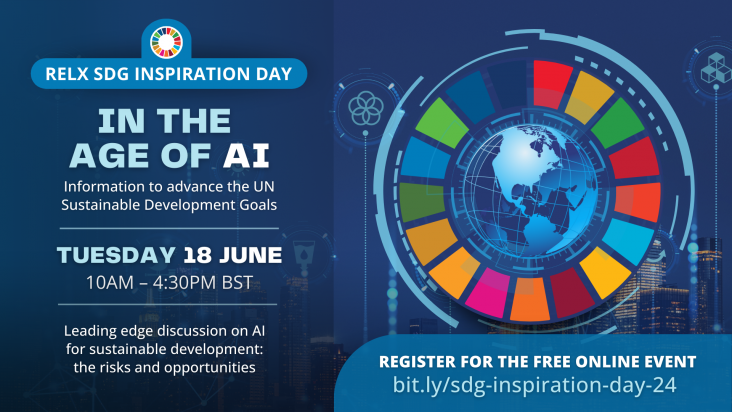Ethnic minorities form smaller proportions of Randomised controlled trial cohorts compared to the general population. Efforts to recruit more ethnic minority patients should be made in North America and Europe and more sites in underserved regions would ensure findings are generalisable to diverse groups. This review assessed the global population enrolled in contemporary RCTs for novel therapies now routinely given for gynecological cancers, adding novel understanding of the global distribution of research sites.
The number of women involved with forensic mental health systems internationally is rising. Limited research has explored the characteristics of those assessed for criminal responsibility. This article investigates the demographic, psychiatric, and criminological characteristics of women recommended as eligible or ineligible for the defence of Not Criminally Responsible (NCR) on account of mental disorder following a criminal responsibility assessment in Central Canada.
Female hyperuricemia is correlated with higher thyroid hormone resistance index scores. Learn about improvements to womens health after Laparoscopic Sleeve Gastrectomy, particularly in resistance to thyroid hormones.
This study explored whether peruvian women watching a high level of TV had a higher prevalence of obesity and higher values in different obesity indices.
Utilizing critical discourse analysis, this study explored how teacher candidates from Türkiye (TCTs) (re)produced the East/West binary extant in hegemonic socio-economic and sociopolitical discourses while discussing educational and gender inequalities during telecollaboration with their peers from the US.

RELX SDG Inspiration Day 2024: Leading edge discussion on AI for sustainable development: the risks and opportunities
The tenth RELX SDG Inspiration Day - a free, online event for thought leaders, corporate representatives, students, investors, government and NGOs to explore issues, gain practical insights and be inspired to take action in support of the UN Sustainable Development Goals.

AI holds tremendous potential for advancing the United Nations Sustainable Development Goals (SDGs). AI, particularly generative AI, provides new opportunities to analyse data and trends at pace a
Supports SDG 3 in describing problems associated with delayed pregnancies and a lack of access to care.
This content aligns with Goals 1 and 5 by using qualitative approaches to explore the pathways of women's homelessness in the Kolkata megacity; identifying environmental, structural, and interpersonal factors associated with women's homelessness; and offering policy and practice recommendations for addressing this issue.
This content aligns with Goals 1 and 5 by assessing endemic levels of gender inequality and exclusion of homeless women and survival challenges for them in context of pertinent indicators like accessing basic services, occupational segregation, and gender-based violence.
